Are you a Teacher? If you want to use the pdf. in your class, click here!
´I am not concerned with Poetry. My subject is War,and the pity of War.´ Wilfred Owen
When Germany invaded Belgium in August 1914, Britain declared war. In the next four years almost 900,000 British lives were lost, and more than 300,000 Empire troops, not including the countless wounded. Wifred Owen, Isaac Rosenberg and many more were the first poets to draw public attention to the horrors of war. Known as ´The Lost Generation´ of poets, their work has had enormous influence, and is studied in secondary schools as part of the National Curriculum.
Today we are going to look at, and compare, two poets and two poems at two very different stages of the war. Listen to the video and fill in the gaps:
Rupert Brooke ´The Soldier´
If I (1)__________________________ die think only this of me;
That there´s some corner of a foreign field
That is for ever England. There shall be
In that rich (2) __________________________ a richer dust concealed;
A dust whom England bore, shaped, made (3)____________________,
Gave, once, her flowers to love, her ways to roam,
A body of England´s breathing English air
Washed by the rivers, (4)______________________ by suns of home.
And think, this heart, all evil shed away,
A (5)_____________________ in the eternal mind, no less
Gives somewhere back the thoughts by England given
Her (6)_____________________ and sounds; dreams happy as her day;
And (7)_____________________, learnt of friends; and gentleness,
In hearts at peace, under an English heaven.
 Rupert Brooke
Rupert Brooke
At the outbreak of WW1, Rupert Brooke enlisted in the Royal Navy after graduating at Cambridge University. The following year he died and was buried in an olive grove on the Greek island of Skyro, aged 27.
Siegfried Sassoon ´Hero´
Jack fell as he´d have wished,´ the Mother said,
And folded up the letter that she´d read.
´The (1)__________________ writes so nicely.´ Something broke
In the (2)__________________ voice that quavered to a choke.
She half looked up. ´We mothers are so proud
Of our dead soldiers´. Then her face was bowed.
Quietly the Brother Officer went out.
He´d told the poor old dear some gallant lies
That she would nourish all her days, no (3)____________________.
For a while he (4)_________________ and mumbled, her weak eyes
Had shone with gentle triumph, brimmed with joy,
Because he´d been so brave, her glorious boy.
He thought how ´Jack´, cold-footed, useless (5)__________________,
Had panicked down the trench that night the mine
Went up at Wicked Corner; how he´d tried
To (6)___________________ sent home, and how at last he´d died,
(7) ____________________ to small bits. And no one seemed to care
Except that lonely woman with white hair.
 Siegfred Sassoon
Siegfred Sassoon
One of the leading War Poets, and among the few to survive the War. Famous for his ´suicidal bravery´ in battle, he was awarded the Military Cross and used this position to stand up publically against war.The military sent him and Wilfred Owen to a ´mental asylum´. Their relationship with the army psychologist and their determination to return to the Front is documented in Pat Barker´s Booker Prize-winning ´Regeneration´.
Which sentence or word best describes each poem. Write ‘S’ (The Soldier), ‘H’ (The Hero), ‘B’ (Both) or ‘N’ (Neither):
1. Anti-war
2. Ironic
3. Written at the outbreak of War
4. Bitter
5. Foresees a personal destiny
6. Criticises cowardice in battle
7. Celebrates war
8. Uplifting
For the answers, write your name and email here- you´ll get them in the post. You will also receive a free e-book and a chance to have a free Skype class with me. Click here for more information
[email-download download_id=”437″ contact_form_id=”936″]
Did you like these poems? Other better poets or poems I should include? Tell me below….


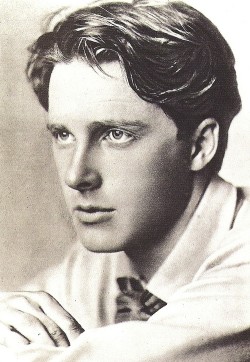
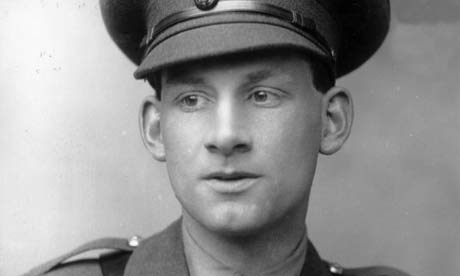 Siegfred Sassoon
Siegfred Sassoon
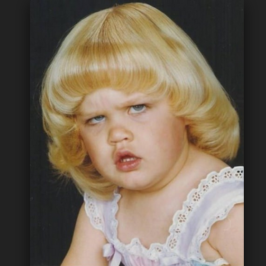
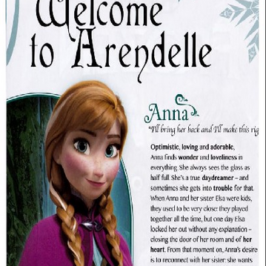
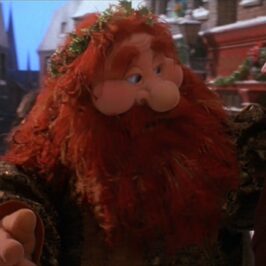

Leave a Reply